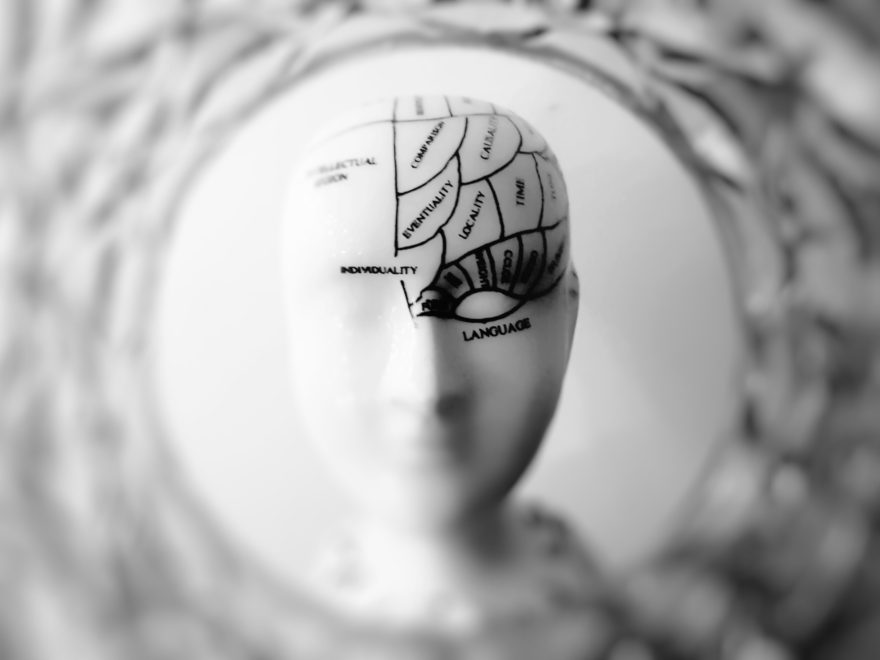Tag: neuroscience
-

What Bloom’s Left Out: A Comparison with Aristotle’s Intellectual Virtues
In the last three articles in this series, I laid out the good, the bad and the ugly of Bloom’s Taxonomy. After the last two posts it is perhaps worth reaffirming the value of Bloom’s project. While I ultimately believe that Bloom and his colleagues may have done more harm than good, I do affirm…
-

Human Development, Part 2: All the World’s a Stage
That one essay – you know the one that got this whole educational renewal movement going – needs to be reevaluated. I am talking about the essay “The Lost Tools of Learning” by Dorothy Sayers. Her approach reminds me of Galadriel’s speech in the prologue to The Lord of the Rings movies, “Much that once…
-

Human Development, Part 1: What Do You Have in Mind?
A sound pedagogy requires a good understanding of anthropology (the study of human beings including our nature, our biology, our behavior and our social patterns) and of epistemology (the study of the nature of knowledge and how humans experience and acquire knowledge). One way these key areas of study (anthropology and epistemology) converge pertains to…
-

The Search for Happiness, Part 2: The Way of Wisdom
In my previous blog, I examined how modern research, particularly through the avenue of positive psychology, confirms some of Aristotle’s insights about human beings and the well-lived life. In particular, I observed that author Shawn Achor’s definition of happiness as “the joy of striving after our potential” isn’t that far afield from Aristotelian virtue theory. …
-

Habit Formation: You, Your Plastic Mind, and Your Internet
Shallow. Our brains are shallow. Or at least they have become shallow. This is the point Nicholas Carr drives home in his book The Shallows, where he examined the impact the internet has had on the human brain. Almost at the middle crease of the book, he writes: The information flowing into our working memory…
-

Educating for Self-control, Part 2: The Link Between Attention and Willpower
In my last post on educating for self-control, I laid out a Christian case for the importance of self-control from the New Testament, citing Paul’s famous fruit of the Spirit and Peter’s not-as-famous virtue list in the first chapter of 2 Peter. Then we delved into the roots of self-control as a concept deriving from…
